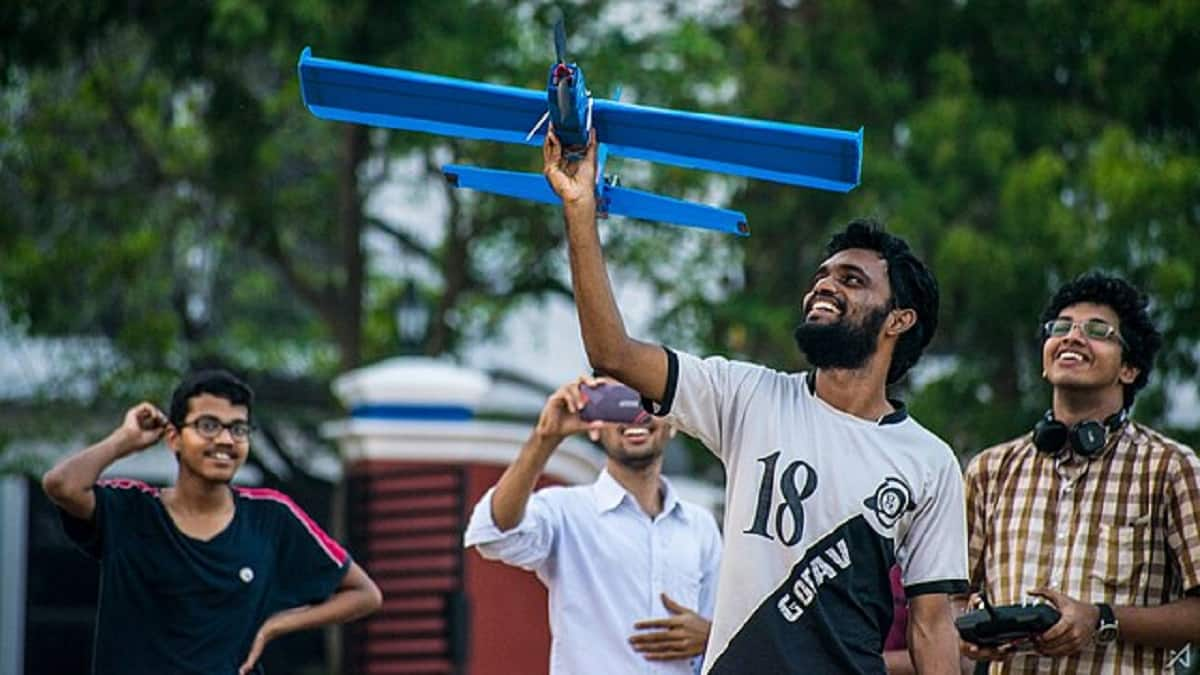JEE Main 2026 registration starts in October; just a fraction of qualifiers make it to IITs
Anu Parthiban | October 1, 2025 | 07:07 AM IST | 2 mins read
JEE Mains 2026 exam will be conducted in two sessions - January and April. Only 18,000 out of the 54,378 candidates who qualified JEE Advanced 2025 secured admission in IITs.
JEE Main 2026: Preparation Tips & Study Plan
Download the JEE Main 2026 Preparation Tips PDF to boost your exam strategy. Get expert insights on managing study material, focusing on key topics and high-weightage chapters.
Download EBook
The National Testing Agency (NTA) has announced that the registration for the Joint Entrance Examination - Main (JEE Mains 2026) will begin in October. The JEE Main exam 2026 is the first phase of the two-step selection process for the most competitive IIT admissions, where only 33% of qualified candidates manage to get a seat.
New: JEE Main 2026 Registration Link | Top 30 Most Repeated Questions
JEE Main Prep: Study Plan | Preparation Tips | High Scoring Chapters and Topics
JEE Main QP & Mock: Previous 10 Year Questions | Chapter Wise PYQs | Mock test Series
JEE Main Most Scoring Concept: January 2025 Session | April 2025 Session
Last year, the NTA began the application process for JEE Main phase 1 exams on October 28. JEE was conducted in two sessions - January and April. Candidates will be given nearly a month to submit the JEE Main application form through the official website, jeemain.nta.nic.in. The JEE exam city intimation slip for session 1 is expected to be made available in the first week of January.
JEE Mains 2026: NTA’s latest update
To streamline the JEE Main 2026 application process, the NTA has advised candidates to ensure that these three documents – Aadhaar card, Unique Disability Identity Cards (UDID) issued to Persons with Disabilities through competent medical authority, category certificate – are updated well in advance.
Candidates’ Aadhaar card should be updated with correct name, date of birth as per Class 10 marksheet, latest photograph, address, and father’s name, the NTA said.
JEE Main 2026 question paper pattern
The exam comprises two papers - paper 1 is conducted for BE and BTech admission at National Institutes of Technology (NITs), Indian Institutes of Information Technology (IIITs), other Centrally-funded Technical Institutions (CFTIs), and other participating institutions, and paper 2 for BArch and BPlanning courses.
While paper 1 will have three sections – physics, chemistry, and mathematics – paper 2 will have mathematics, aptitude test, and the third section will be drawing test or planning depending on their choice – paper 2A for BArch and paper 2B for BPlanning.
Paper 1 and paper 2A will have two sections - section A will have multiple-choice questions and section B will contain questions whose answers are to be filled in as a numerical value. There will be negative marking for incorrect answers in both sections. Last year, the NTA removed the optional questions, which were introduced during the COVID pandemic.
Aiming for IIT? Know these numbers
Students seeking admission in IITs should not only secure a rank in the top 2.5 lakh, but should also obtain a minimum qualifying mark in JEE Advanced 2026, to be conducted by an IIT. As per this year’s Joint Implementation Committee (JIC) report published by IIT Kanpur, only 33% of the 54,378 candidates who qualified JEE Advanced 2025 secured a seat in IITs. Every year, nearly 13 lakh students register for the entrance exam.
This shows that securing minimum marks in JEE Advanced would also not guarantee a seat in IITs. Only the top 18,188 rank holders in JEE-Adv managed to get a seat in their desired BTech course, as per this year’s admission report.
Follow us for the latest education news on colleges and universities, admission, courses, exams, research, education policies, study abroad and more..
To get in touch, write to us at news@careers360.com.